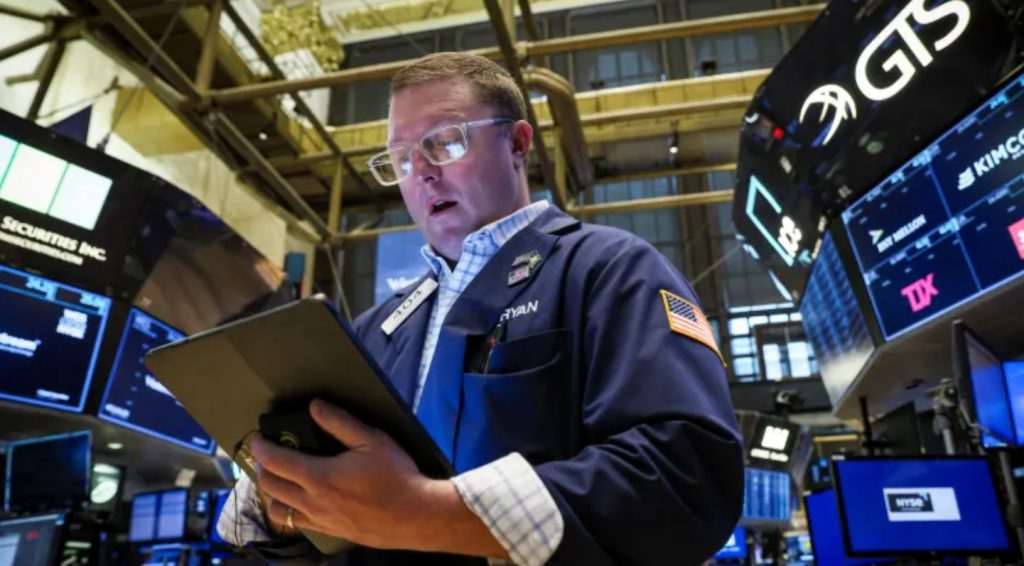
Stock markets are set for more heavy selling this summer as central banks around the world ramp up interest rates to try to combat spiraling inflation, according to one economist.
Brunello Rosa, who is CEO and head of research at Rosa & Roubini, a consultancy he co-founded alongside well-known market bear Nouriel Roubini, believes there is much more monetary tightening to come from central banks, and more bad news on economic activity.
“Now it’s time for a reappreciation of the economic fundamentals around the world in terms of growth,” he told CNBC’s “Street Signs Europe” on Friday.
“It’s hard for markets to be totally optimistic when inflation is going up, growth is going down and interest rates are rising fast across the globe.”
The Dow Jones Industrial Average plunged more than 1,000 points on Thursday and the Nasdaq Composite fell nearly 5%, erasing a rally on Wednesday. Initial relief over the U.S. Federal Reserve’s ruling out of more aggressive rate increases seemingly gave way to fears that a sharp hiking cycle in order to rein in red-hot inflation could harm economic growth.
Rosa said investors initially welcomed the news that a 75 basis point hike is off the table, but he warned this means there would be several 50 basis point increases over the next few months. He also said that the Bank of England is the only central bank currently being realistic, after policymakers in London on Thursday warned of the recession risks that the U.K. economy is facing.
“It’s clear that all of them [central banks] are talking tough at this stage. But the reality is that lots of tightening will eventually lead to economic contraction,” he said.
“In the euro zone and in the U.S. they are nowhere near realizing that actually there will be some form of contraction of economic activity,” he later added.
Rosa said he expects the war in Ukraine to last much longer than many market participants are anticipating, adding to other headwinds such as supply chains issues, soaring inflation and rising interest rates.
The pan-European Stoxx 600 fell 1% on Friday morning, following the sell-off on Wall Street, and the benchmark is down more than 11% so far this year. In Asia on Friday, Hong Kong’s Hang Seng index led losses regionally as it dropped 3.81%. In mainland China, the Shanghai Composite slipped 2.16% while the Shenzhen Component shed 2.14% to 10,809.88.